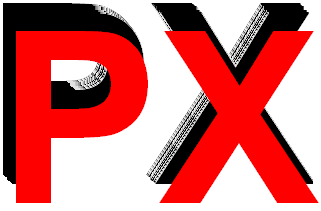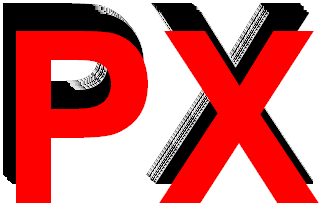The Currency Wars Against Venezuela
- By Poetry X
- 26 December, 2016
- No Comments
Back in 2014, Citibank, HSBC, JP Morgan Chase, RBS and UBS were found to be manipulating foreign exchange rates. As compensation, these six banks “agreed” to pay $4.33 billion in fines. These fines represented just a portion of what they earned out of that criminal practice, but still, those entities were punished for something that is totally unlawful [CNN].
In the U.S, it’s a crime to manipulate the the local currency – THE LOCAL CURRENCY. By law, it’s only the government that can regulate the local currency exchange. However, the U.S. has openly allowed currency speculation as a weapon to expand our geopolitical agenda. In this way, phenomena as the “parallel dollar” and ”currency black markets” have been managed from the U.S. against other currencies. For this destabilizing actions, the U.S. has the right just collaboration, the World Bank, the International Monetary Fund (IMF), and Organization for Economic Cooperation and Development (OECD) [WikiLeaks].
The only intention of implementing this “currency war” is to affect local economies to generate a financial panic. Usually these practices degenerate in massive inflation, which directly affects the regular consumer that has to see how prices go up in a frenetic manner. As we should know, the U.S. has had a great success sabotaging Argentina and Brazil, but is having a hard time to reach its goal in Venezuela. The trigger of hyper inflation on Venezuela is the ban the U.S. imposed on Venezuela for U.S. dollars, but there are other instruments we must take into consideration too [MPN].
Among the multiple financial weapons the U.S. has used to attack the Venezuelan currency, probably the main one is the website called “Dollar Today.” Dollar Today is in the strategic task of the arbitrary calculation of dollar exchange against the Venezuelan “Bolivar” [CELAG]. This website is clearly inducing a parallel value for the dollar in that South American country. At this point, black markets proliferate in Venezuela. We must remember, this currency war is just a segment of a more massive war- “The economic war.”
The economic war has been easy to apply against Venezuela, thanks to the direct collaboration of the Colombian government. The 8th resolution on the Colombian banking law, created on the year 2000, openly conspires against Venezuela allowing exchange centers, on the border city of Cucuta, to sabotage the Venezuelan currency. These centers are allowed to charge any rate for the Venezuelan currency. Many of these exchange center are owned by the family of former Colombian president Alvaro Uribe. We must know, Uribe, a major narco-trafficker, is a key player in sabotaging Venezuela.
We know quite well Venezuela is suffering lack of some food products, basically because the economic sabotage that stock piles the needed goods in order to accelerate inflation. Besides that, due the the 8th resolution, Venezuelan fiat currency is being piled up in Colombia, and other countries, as a plan to get a shortage of paper money when people want to buy their products [La Iguana]. The government has solved this problem using electronic payment tools. However, there has been a coordinated effort to sabotage that as well. There were 16 thousand cyber attacks just during the first 3 days of December of 2016 [HispanTV]. That sabotage didn’t affect only the government transactions, but banks were not allowing regular transactions for regular people neither.
Another aspect of the “currency war” is the open conspiracy from financial corporations of all kinds [Ciudadano]. From the get go, the IMF and the World Bank are in total collaboration with right wing players in Venezuela such as with Lorenzo Mendoza and Ricardo Hausmann, planning in a possible futuro how to get this country back in the hook of this infamous institutions. Other company is Citigroup, that regularly likes to delay payments made by the Venezuelan goverment to cover their financial obligations [Cuba Informacion].
Other key player are the risk evaluators Fitch, Moody’s and Standard and Poor, that always give a bad grade to the Venezuelan bonds despite that the Venezuelan government, since the 1998, has paid all of its obligations. These companies never give a technical explanation why Venezuelan bonds have such a low grade from them. One thing we must note is that back on the financial collapse of 2008, these companies were backing toxic instruments with good grades. The best explanation these companies give about the Venezuelan low grades is like Mauro Leos or Shelly Shetty Maduro Leos say, Venezuela has “bad leaders” or “the president is just a bus driver”

 Copyright © 2025
Copyright © 2025
Leave a Reply